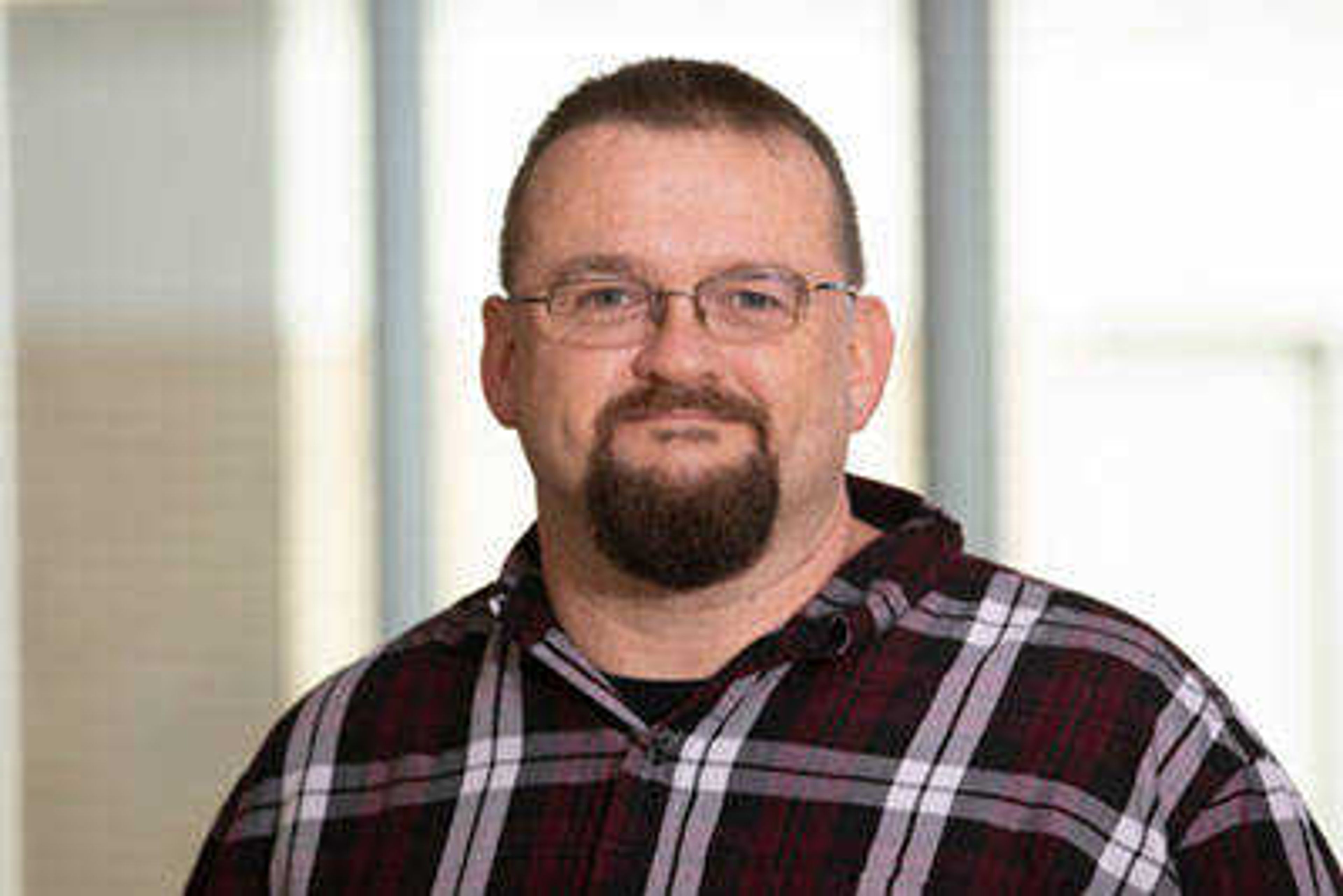Professor of chemistry Jim McGill has spent the majority of his life in southeast Missouri and has no intent to leave the area and institute that has been so influential on his life.
McGill hails from Charleston, Missouri, a town of just under 6,000 people about 45 minutes south of Cape Girardeau. When it came time to head to college, McGill decided to stay local and attend Southeast for his undergraduate degree.
During his sophomore year at Southeast, McGill said a professor asked him to be a teaching assistant the following semester — the first time someone had encouraged him to take his skills to the next level.
Ron Popham, who was the chair of the chemistry department at the time, acted as a guiding hand for McGill, who looked up to and admired the way Popham interacted with students.
“He [Popham], probably as much as anybody, made the biggest impact on me being where I am today,” McGill said of Popham.
McGill went on to get his doctorate at Kansas State University, and Southeast happened to be in the market for a forensic chemist at the time of his graduation. Popham reached out to McGill about returning to Southeast, but this time as a faculty member. In 2001, McGill was hired as an associate professor of chemistry.
Popham guided McGill from the time he was an undergraduate until he was a professor, and provided insight and advice to McGill during times of uncertainty. McGill said he strives to do the same for the students he interacts with, noting how influential that extra effort can be to someone.
“I really think the relationships with students, and even with colleagues, faculty and staff, too, is my favorite part [about being a teacher],” McGill said. “When I was a student and I came in and I didn’t know what I was going to be, I didn’t know if I belonged or if this was for me, those faculty members that took the time in their own way to say, ‘You belong here, you can do this,’ and help me figure out where I wanted to go makes all the difference.”
McGill said the opportunity to take a student who just came in the door of the university and may not know what they want to do and help mold them and help them figure out what they want to do is one of the most rewarding parts of the job.
One step McGill has taken to help set up his students for success has been the creation of a Facebook page for alumni of the forensic program. On the page, McGill shares job postings and internship resources, and also keeps in touch with his students as best as he can.
“I don’t think there’s a single alumnus from our forensic program that I have not stayed in contact with through that Facebook group,” McGill said. “They’re all getting jobs and out there being successful and making good names for themselves and for our program. I think that’s probably the thing I’m most excited about, is to see what our students do when they leave here and go into the workplace.”
Since he went straight into teaching, McGill really did not have the opportunity right away to work in the forensic field. In 2009, he was given the opportunity to work for the Drug Enforcement Administration, where he worked as a forensic drug chemist in one of the highest level labs in the country.
“I didn’t want to be that guy who was teaching about something he had never done in the real world,” McGill said. “I quit teaching for a couple of years and went and got that experience and brought that back to the classroom. And when I came back — seeing that other side — my perspective had kind of shifted.”
McGill said when he got back to teaching, he realized that it’s not just about what happens in the classroom.
“It’s about the relationships that Im building with the students. And that goes on for an entire career and an entire lifetime,” McGill said. “I wanted to do a better job of relationship building while we’re building forensic scientists. And that’s why I started the Facebook group.”
McGill’s influence is felt by his students and they are not afraid to show their appreciation. McGill’s office door is covered with sticky notes from appreciative students and his mailbox is flooded with emails from students saying what an impact something he had done made to them.
“Probably more often than I deserve, I get a little glimpse of a difference that I’ve made for someone, and it keeps me going,” McGill said. “That’s the kind of encouragement that makes you know that you’re doing what you ought to be doing, I think.”
The experience and praise McGill gets from teaching is next to none, and is part of the reason why he doesn’t see himself doing anything but teaching. He said that, even though the DEA offered great opportunities and great experience, he could not imagine himself anywhere else.
“I’m always torn. It was exciting and fun and gave me a lot of experience and value that I can bring to the classroom. If I could just every few years go get another handful of that experience, that’d be really cool,” McGill said. “But I knew the whole time I was there in that job that I missed teaching and teaching was my thing that I wanted to do.”




